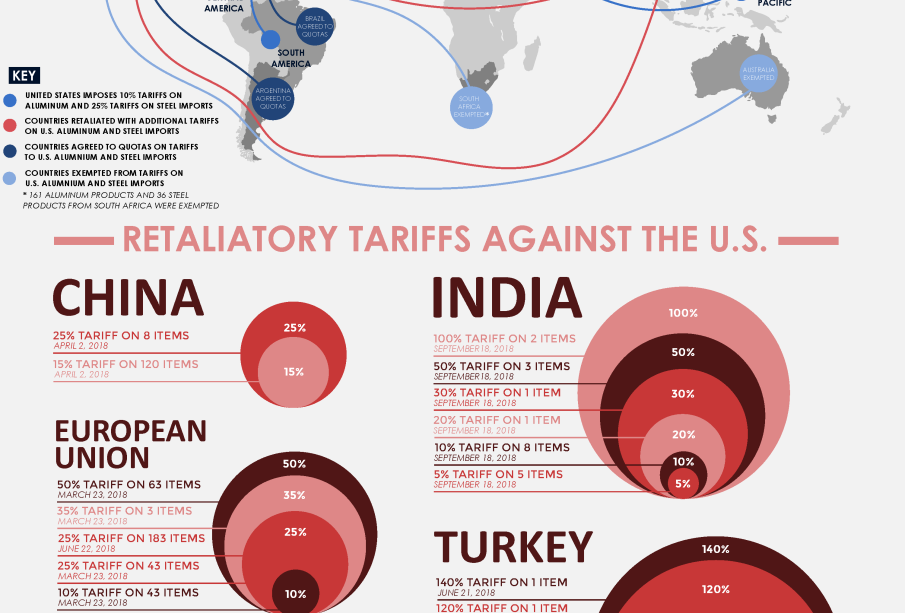Analyzing the US Canada Trade Deal and its Implications

Introduction
The US Canada trade deal, part of the broader North American trade framework, remains a pivotal element of the economic relationship between the two neighboring countries. With both nations benefiting from expansive trade relations, any shifts in policies or agreements can significantly impact economic growth, job creation, and cross-border commerce. As we navigate 2023, recent developments surrounding the trade deal take center stage, highlighting its critical relevance for stakeholders in both countries.
Recent Developments
In 2023, the US Canada trade deal has faced scrutiny as new tariffs and trade regulations emerge. The most notable of these is the renewed focus on environmental standards within trade agreements. In July, representatives from both nations convened to discuss adjustments aimed at promoting sustainability while retaining the competitive edge of their respective industries.
Furthermore, the ongoing global economic challenges, including inflation and supply chain disruptions, have prompted both countries to reassess their trade practices. As a result, the US has expressed interest in modifying certain tariffs on Canadian goods, particularly in the agricultural sector. In conjunction, Canada is advocating for increased market access for its lumber exports, which have historically faced extensive tariff barriers.
Impact on Bilateral Relations
These discussions reflect the broader commitment to maintaining strong bilateral relationships amid external pressures. Trade experts suggest that a collaborative approach to address disputes and promote mutual benefits could lead to improved dynamics between the US and Canada. This partnership is crucial, considering that trade between the two countries surpassed $700 billion in 2022, underscoring their economic interdependence.
Conclusion
The ongoing negotiations surrounding the US Canada trade deal will be closely monitored in the following months. With each side looking to protect its interests while fostering a cooperative trade environment, the stakes are high. Experts predict that if both nations successfully navigate these discussions, they stand to enhance not only bilateral trade but also set a framework for addressing future global economic uncertainties. For citizens and businesses alike, the outcomes of these negotiations are vital, potentially influencing everything from job security to product prices.

